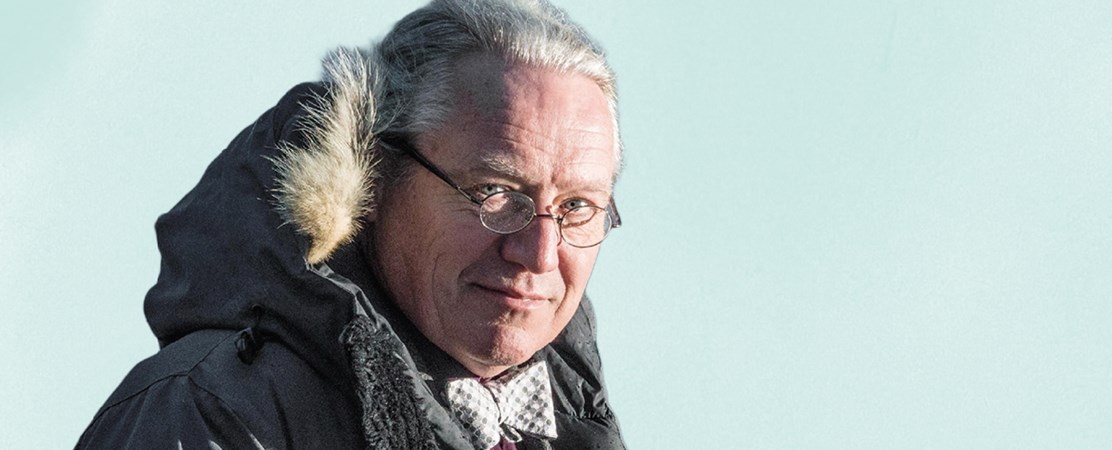Letter from the President

By Lars Kullerud, President, UArctic
In January 2018 some 60 academics from the University of the Arctic (UArctic) Thematic Network on Geopolitics and Security nominated the Arctic Council for the Nobel Peace Prize.
UArctic is a child of the Arctic Council cooperation, which in turn is one of the outcomes of the 1987 Murmansk speech by the Soviet leader Mikhail Gorbachev – the speech that led to a surge in East-West collaboration in the Arctic.
Over the years Arctic cooperation has expanded from environmental issues to cover many areas of people-to-people, academic and economic cooperation. In spite of recent global challenges the Arctic has remained a zone of peace and cooperation, as stated by president Putin in his annual Arctic Conference. While challenges do have an effect on Arctic cooperation on a daily basis, the will to collaborate remains strong. An example is the new binding agreement on scientific cooperation in the Arctic that has now been ratified by all Arctic countries and came into force in May 2018 as a main result of the US Arctic Council Chairmanship.
Adaptation to climate change and dealing with the impacts of globalization are at the core of a sustainable future of the Arctic. People-to-people collaboration is crucial if we are to find solutions that bring hope and prosperity for the coming generations, while still preserving the qualities of the strong northern cultures. It is also essential that we who work in and for the Arctic take to heart the importance of northern relevance in education and training of professionals, academics and future leaders of the North. UArctic is the framework for such joint efforts, and we will continue to build locally and regionally relevant tools that enable collaboration between people and institutions of the North.
During a time when international politics challenge the Arctic collaboration, it is more important than ever that the academic community become flagbearers for science diplomacy. When we are successful there is also hope for the governmental collaboration in the Arctic, and the Arctic can continue to grow as a zone of peace and collaboration where people, governments, regional authorities and academia all contribute to our common future.
The successful Arctic Council is indeed a worthy Nobel Peace Prize nominee, and with continued success it can serve as a model for many other regions in the world.
